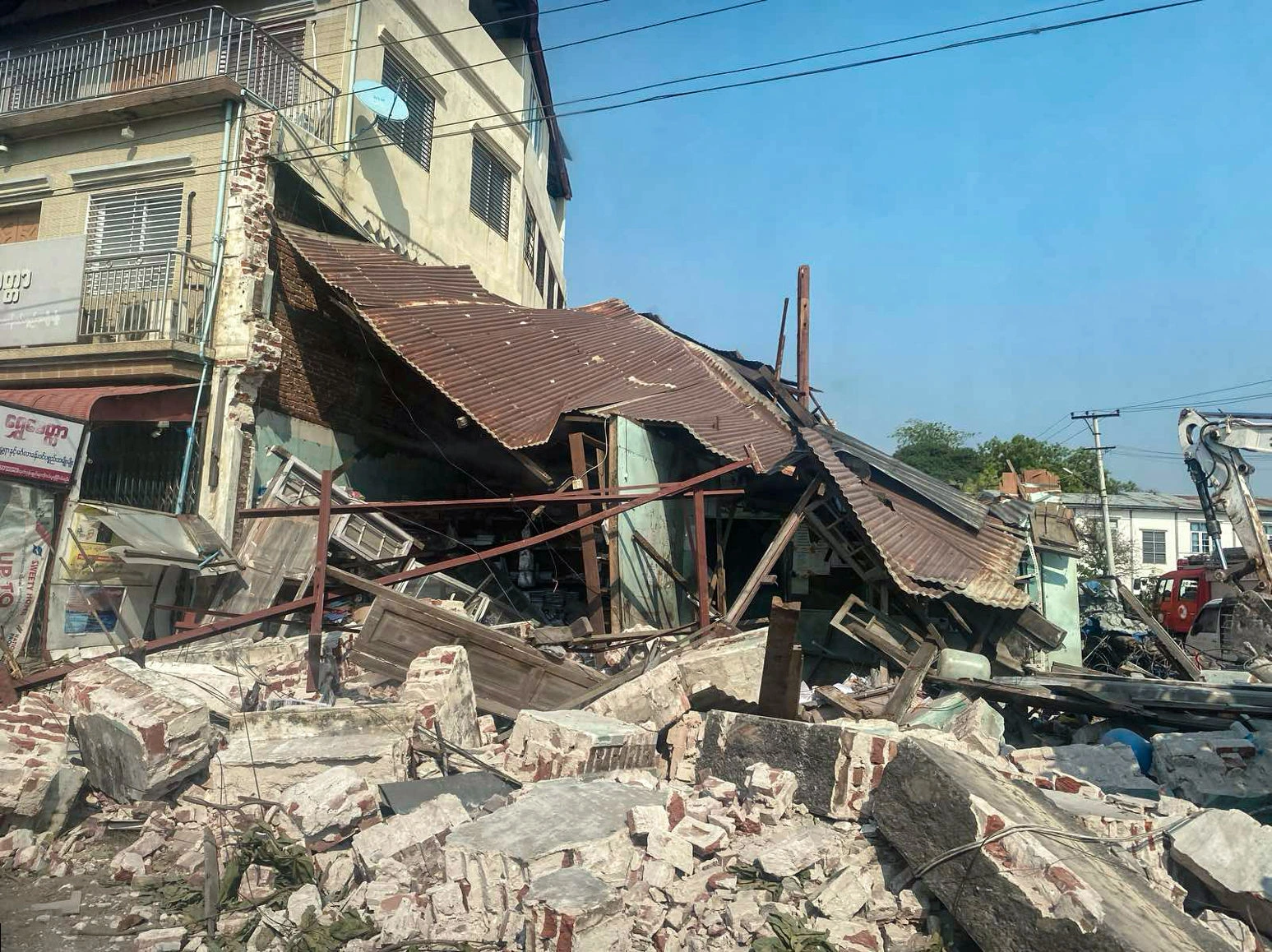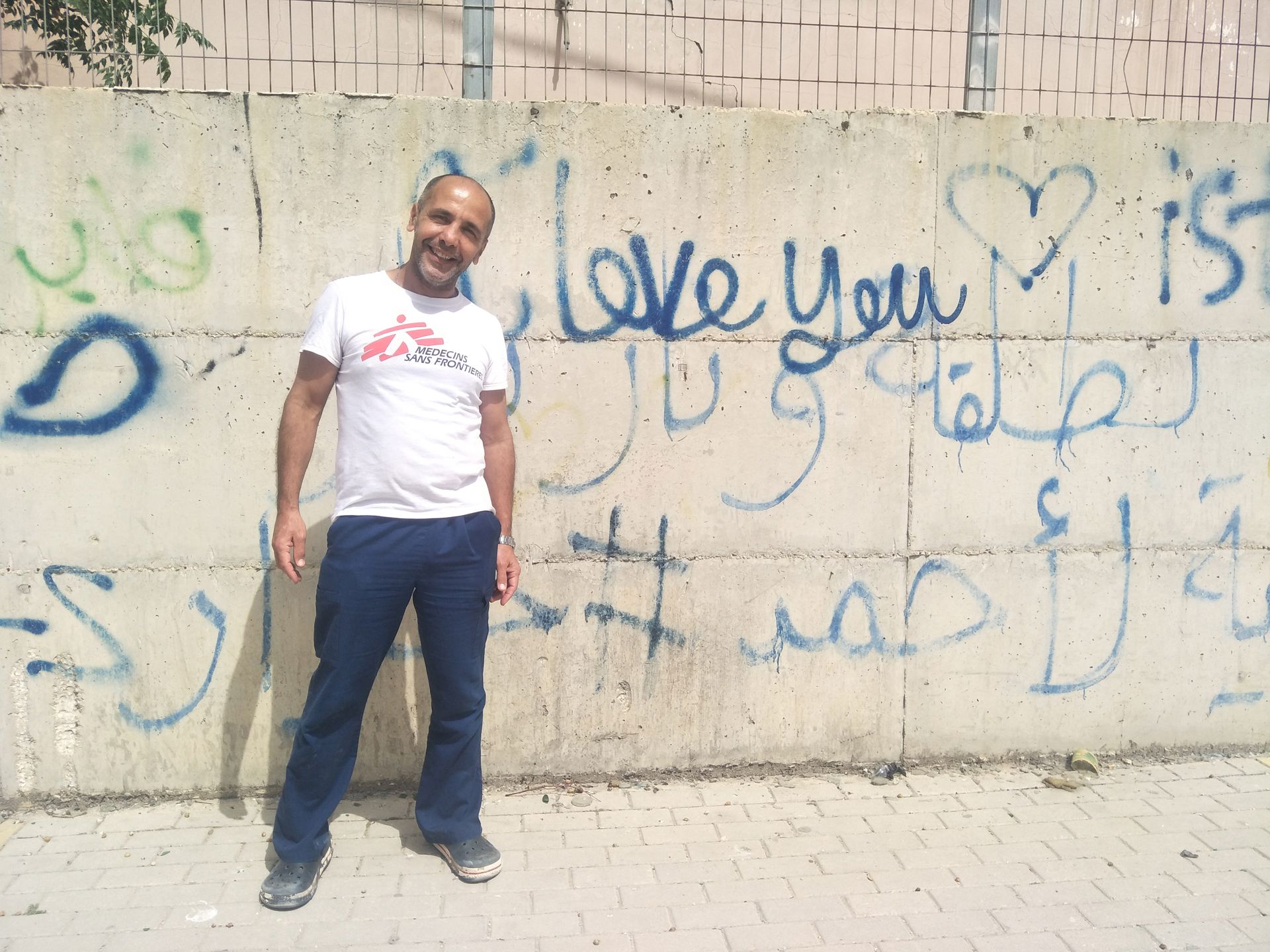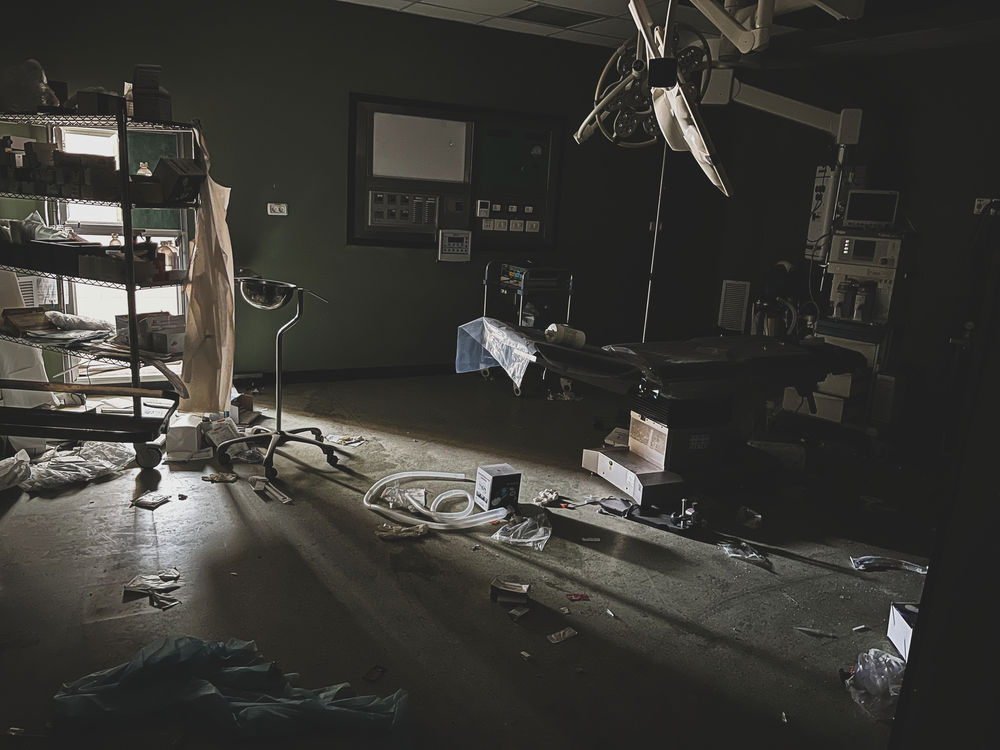Patrick Baffoun has worked as an MSF administrator at the country coordination level but is strongly drawn to being as close as possible to the project. He said on his first assignment with MSF in the Central African Republic (CAR) in 2022, he was based in the capital and felt “very far away from the action”, so on subsequent assignments he’s always opted for roles that were project based. “Being in the project gave me more insight into what we’re doing and how a role like mine can support our medical and logistics colleagues,” said Patrick.
After CAR, Patrick went to work in Korem, in the Tigray region of Ethiopia in 2023, as a project-based finance and HR manager. The region was emerging from a devastating two-year civil war. The war caused significant damage to infrastructure, whether due to lack of maintenance, intentional destruction, or the fighting. Health facilities were hardly functioning. During the six months Patrick was in Korem, the MSF teams were able to relaunch a hospital that had not been operational. “There had been no doctors, no nurses, no medicines, but by the time I left the hospital was up and running and very busy. People were being taken care of and receiving assistance, it was such a tangible example of how we can make a difference in people’s lives.”
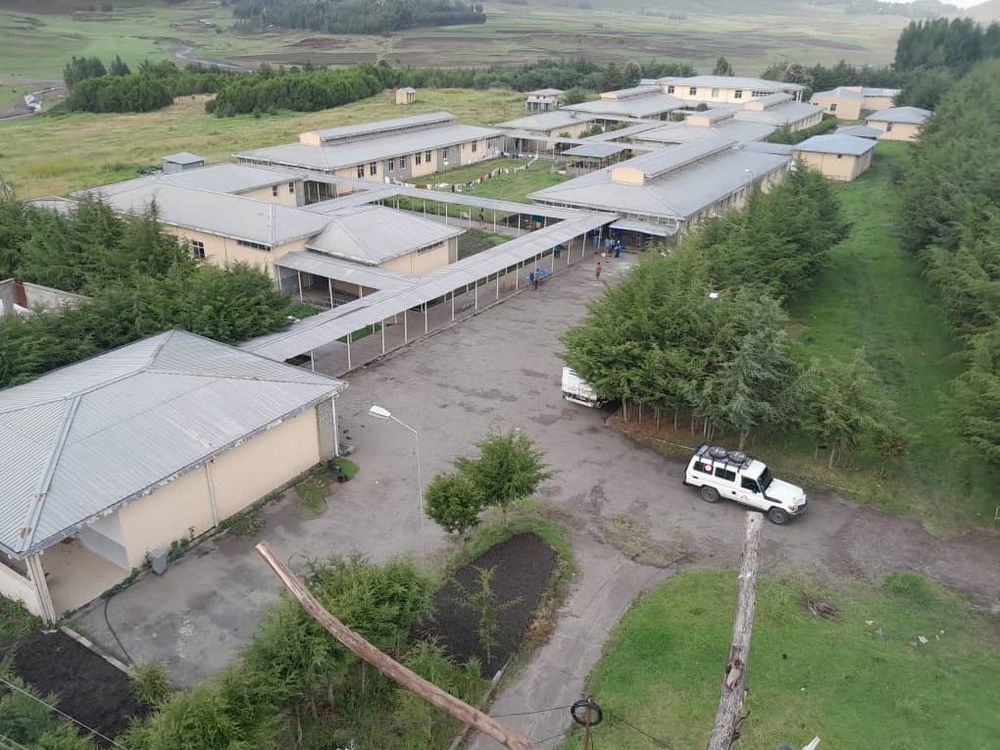 General view of Korem General Hospital, March 2024. © MSF
General view of Korem General Hospital, March 2024. © MSF
A month after Patrick finished working in Ethiopia, he travelled to Guinea in West Africa as part of an emergency response to a diphtheria outbreak, as a project-based finance and HR manager. He was responsible for a broad range of things including recruiting local staff and orienting them to be job-ready, paying suppliers and managing contracts. Patrick said HR management is challenging at times when miscommunication or frustrations within a team arise, and it can involve having to have difficult conversations. It helps to have “good people skills, to listen carefully, to convey clear messages and to be able to network with colleagues and external partners”. He is very aware that as an MSF international mobile staff (IMS) member, he comes from a place of privilege and power, and that establishing a good rapport, finding common ground and being respectful are key. Patrick’s motto is: “when people are treated well, they give their best”.
Patrick’s advice to current and future MSFers is focus on connecting with local colleagues: “their insights, their experience and wisdom are invaluable. There are many things to learn from the people we work with.”
Patrick is currently helping to set up HR and finance systems for MSF projects in the West Bank of Palestine, after this assignment he is looking to move into a new role with MSF as a health promoter, which will be more aligned with his social worker/community development background.
“Joining MSF was always a long-term plan for me. My entry into this work was in the finance and human resources management sphere, but now having a broader understanding of MSF, and what we do and how we do it, then the next steps for me will be working as a health promoter. Then I would like to learn more behind logistics. My aim is to have all-round skills and to eventually work in a project coordinator position. I just want to have a broad understanding of what we do, from the medical, logistical, financial and security part. Whenever there is a need, I want to be able to jump in and do the work.”
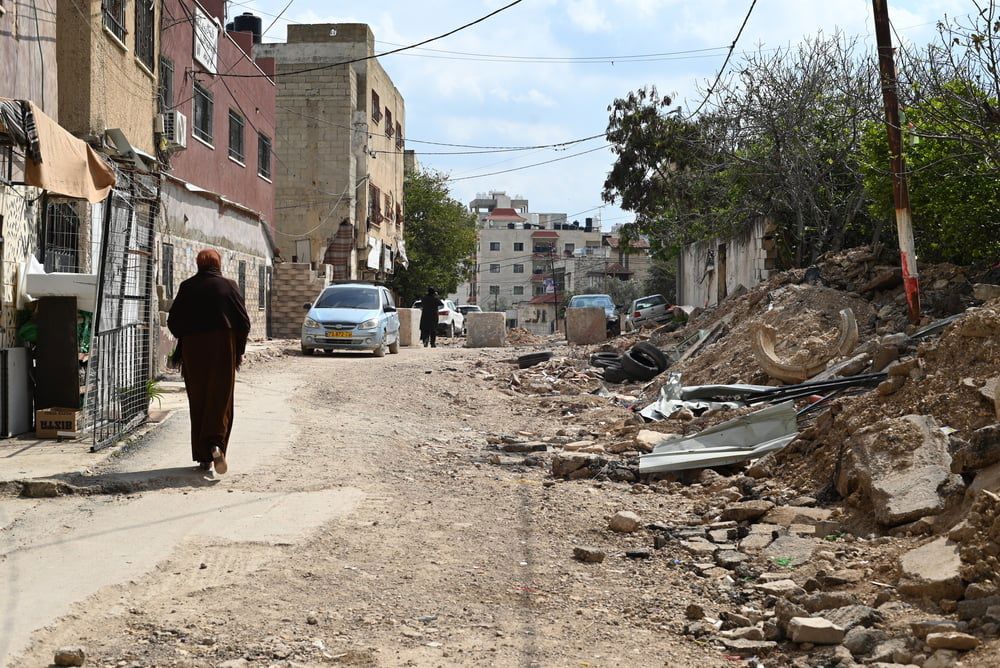 Jenin, West Bank. © MSF
Jenin, West Bank. © MSF

